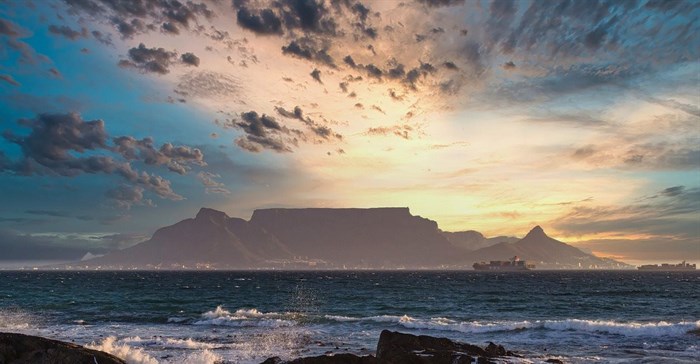
Related


Cholera in northwest Nigeria: Limited healthcare access leaves communities at risk
Ahmed Kingimi 28 Aug 2025


Top stories






More news


Marketing & Media
Ads are coming to AI. Does that really have to be such a bad thing?














However, the emergence of SA’s cholera outbreak, which this week saw the death count reach 47, raises questions about its potential impact on the upward trajectory of tourism.
As authorities strive to contain the outbreak, concerns loom over whether this unfortunate situation will dampen the growing enthusiasm within the tourism sector.
“Cholera is a huge risk in terms of the perceptions that tourists may hold of South Africa and it’s a given fact that when they come to a country, they want to go to one that is safe, a country that is in touch with its healthcare facilities, and a country that is in touch with the sensitive issues that are facing communities daily,” said Tshepo Matseba, managing director of Reputation 1st, a boutique strategic communication and reputation management consultancy.
“Now the minute you start doing a death count from zero to 47, irrespective of the calibre of traveller, the perception of SA’s inability to anticipate and handle a crisis quickly becomes an impediment to tourism. It really creates an impression that we are not in control of the provision of basic services such as water and, most importantly, clean water.”
Most recent data shows that the country has recorded a total cumulative number of 1,073 suspected cases of cholera in five provinces, of which 198 of them were laboratory-confirmed between 1 February and 4 July 2023.
Matseba said the situation as it stands is unclear as different political parties express different opinions. While officials claim the water is safe, some remain sceptical, citing conflicting statements and preliminary results that are inconclusive.
“This miscommunication alone suggests that they're not in control,” says Matseba. “I'm from Hammanskraal, and for nearly two decades there's been a water crisis in that area. My family there and my grandmother rely on still water, so my grandmother has to buy water.
"She's a pensioner; she's unemployed, but she has to buy water to survive. And she's just one of the many, many hundreds of people in that area who actually rely on paid water and JoJo tanks provided – once in a while - by the municipality.
“And even at that level; if you observe the contents of that water and the colour, you can't reliably say that that is safe and drinkable water. Even when you look at the water that comes out of a tap, you find residents are actually paying for municipal water that is not safe. I can’t imagine being able to wash with the tap water that comes out of the entire Hammanskraal area.”
Matseba said the lack of coordination and unity among different levels of government is causing confusion and distrust among communities. “The political dynamics and party politicking further exacerbate the situation, making it challenging for people to know whom to trust. This not only hampers effective communication from health officials, but also burdens the Department of Health.
“The absence of a unified position and understanding among local, provincial, and national governments creates a serious disaster, both in the affected area and other parts of the Free State.”
There is a strong need for a single fact sheet and a clear plan to provide people with a common understanding of the situation.
“Lessons from past health crises like HIV/Aids and Covid-19 should guide effective communication during times of disease and uncertainty. However, the mismanagement of funds allocated for Covid-19 response further fuels frustration,” Matseba said.
Statistics South Africa reports that during the first quarter of 2023, a surge in international arrivals to South Africa totalled 2.1 million visitors. This figure signifies a remarkable increase of over 100% compared to the same period in 2022.
Despite the significant growth, it is crucial to highlight that these numbers still fall short by 21.5% compared to pre-pandemic levels.
Moreover, with the recent cholera-related death count reaching 47 in South Africa, caution is required to mitigate the potential adverse effects on the future of tourism. This, in spite of only one confirmed positive cholera case recorded out of 28 new suspected infections in the past 10 days.
“The transmission of cholera isn't over, and members of the public are urged to remain vigilant and exercise personal hygiene at all times, especially when preparing and serving food during mass gatherings,” a Department of Health statement read.
Gauteng is leading with 176 infections, mostly from Hammanskraal in Tshwane, while 11 were recorded in Free State, six in the North West, four in Limpopo and one in Mpumalanga.